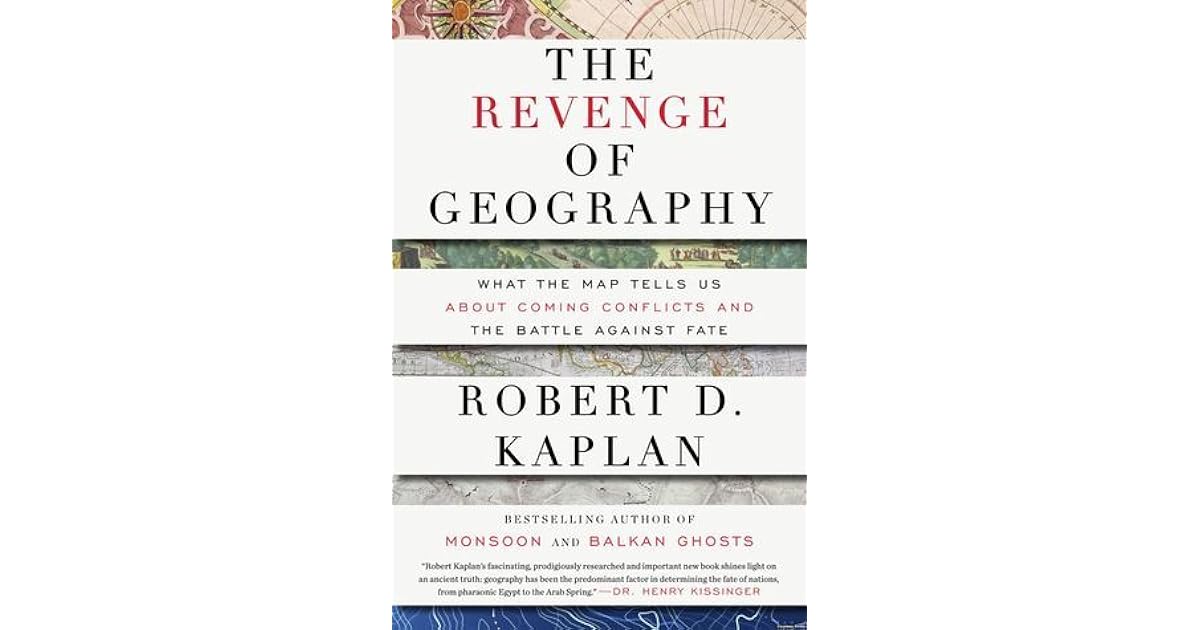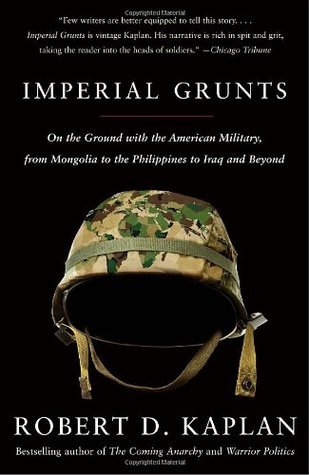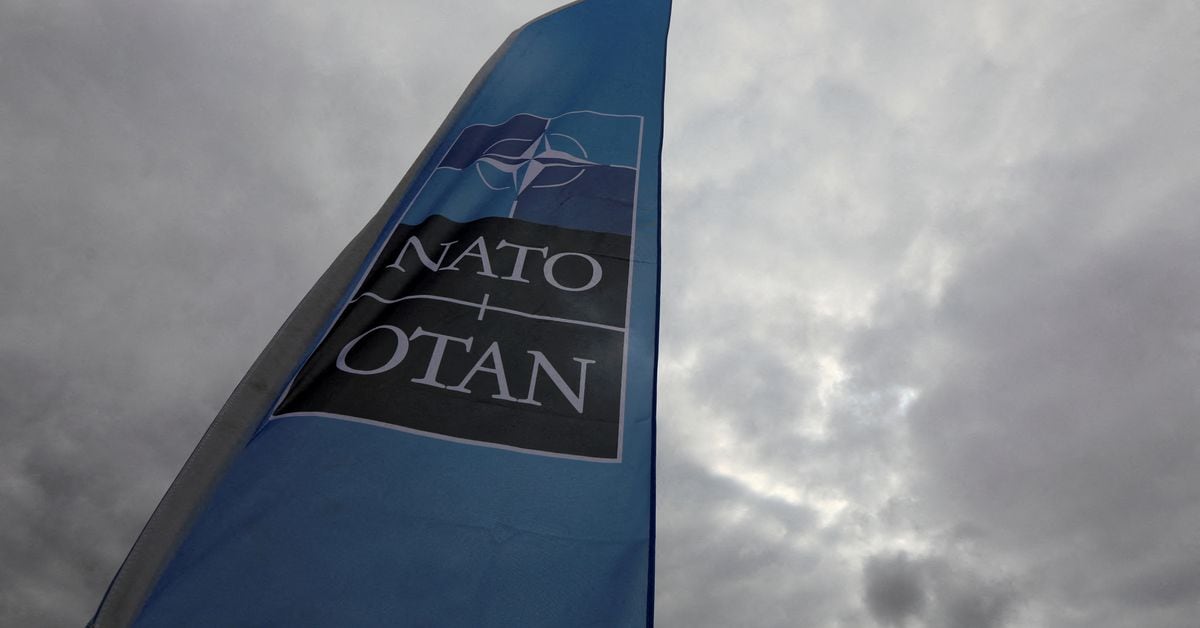A good read from last week's WSJ
I happen to agree with it completely. This is the paranoid action of an autocrat ruling a dying (literally) nation--dropping life expectancy, brain drain and capital flight--with zero soft power. It doesn't mean he isn't dangerous.
The Putin Puzzle: Why Ukraine? Why Now?
For the last several months, Russia has been amassing troops, now numbering an estimated 100,000, along its extensive border with Ukraine. Moscow’s hostile intentions toward its neighbor have been clear since the winter of 2014, when Ukraine’s “Revolution of Dignity” ousted the country’s corrupt Kremlin-backed president and turned Kyiv resolutely toward democracy and the European Union. Russia’s response then was to seize and annex Ukraine’s Crimean peninsula and to invade the eastern Ukrainian region of Donbas. Today’s mobilization has all the markings of an encore.
In talks with President
Joe Biden and in a draft treaty, Russian President
Vladimir Putin has issued an extraordinary list of demands as conditions for drawing down his forces. Among these are guarantees that NATO will never expand to include Ukraine and Georgia. Mr. Putin has also called for “security guarantees” from NATO and for the U.S. to declare that it will never put missiles on or near Russian borders. This past week, Russian officials met with counterparts from the U.S., NATO and Ukraine in discussions aimed at averting an armed conflict.
Mr. Putin knows full well that his demands are excessive. They are also unnecessary to guarantee Russian security, since there is no threat to Russia in Ukraine from the U.S. or NATO. NATO is not currently offering membership to Ukraine and hasn’t come close to doing so since 2008. The number of NATO troops in rapid reaction forces in Eastern Europe and the Baltics—deployed at the request of those countries’ leaders after Russia seized Crimea in 2014—is so small that the Russian military could easily overwhelm them; they are largely a symbolic deterrent. As for armaments, the only country to have installed missile systems of any sort in Ukraine in the last decade is Russia, in Crimea.
All of this, to say nothing of the formidable risks involved in his brinkmanship, must be obvious to Mr. Putin. So then why, over the last few months, has he manufactured an international crisis by continuing to gather troops and equipment on the border with Ukraine? What could he possibly be thinking?
Russia’s saber-rattling abroad over the last 12 months has coincided with its most sweeping domestic crackdown since the Soviet era.
Domestic political considerations are plainly a central concern for Mr. Putin and may help to explain the mercurial Russian leader’s otherwise inexplicable behavior. Even dictators have detractors who must be appeased, co-opted or erased, so it’s worth noting that Russia’s saber-rattling abroad over the last 12 months has coincided with its most sweeping domestic crackdown since the Soviet era.
Russian opposition leader Alexei Navalny, his wife Yulia (in hat) and opposition politician Lyubov Sobol take part in a march in memory of murdered Kremlin critic Boris Nemtsov in Moscow, Feb. 29, 2020.
PHOTO: KIRILL KUDRYAVTSEV/AFP/GETTY IMAGES
In August 2020, the opposition figure and anti-corruption crusader Alexei Navalny was poisoned with Novichok, a nerve agent that the Soviet Union once developed as a chemical weapon. Two independent United Nations experts later determined that only the Russian security services could have carried out this poisoning. Mr. Navalny flew to Germany for treatment, then returned to Russia in January 2021.
At the time of the attempt on his life, Mr. Navalny was on probation, having been convicted on politically-motivated charges of embezzlement. When he returned to Russia, he was arrested and jailed on the grounds that he had failed to check in with his parole officer while he was in a coma. At the same time, his Anti-Corruption Foundation released a video on YouTube detailing Mr. Putin’s construction of a lavish villa on the Black Sea. The combination of Mr. Navalny’s arrest and the revelations in the video touched off street protests against Mr. Putin across Russia.
The demonstrations met with a spate of arrests—first of protesters, then of protest organizers. Mr. Navalny’s organization was banned as an extremist group, and leading members of the activist’s inner circle were imprisoned or went into voluntary exile for fear of arrest. Eventually, anyone who so much as “liked” one of Mr. Navalny’s tweets on social media faced the threat of criminal charges and even imprisonment.
Protestors face off with law enforcement during a rally in support of Navalny in Moscow, Jan. 31, 2021.
PHOTO: MAXIM SHEMETOV/REUTERS
The country held a national election for parliament in September 2021. The proceedings were so rife with fraud that even the Communist Party of the Russian Federation—until that point the “loyal opposition”—cried foul. But the state had a useful tool at its disposal: a law on “foreign agents” that was enacted in 2012, essentially for use as a bludgeon against domestic opposition groups. Three months after the election, the country’s ministry of justice used the law to force the permanent closure of Russia’s oldest human rights organization, Memorial, which was originally founded with the assistance of Mikhail Gorbachev in order to record Stalin-era crimes against humanity.
Thirty years after the collapse of the Soviet Union in late 1991, Russia has now fallen to its lowest ebb in terms of social and political rights. Even the surviving small pockets of independent media must tread carefully. Indeed, shortly after Dmitry Muratov, editor-in-chief of the newspaper Novaya Gazeta, was awarded the Nobel Peace Prize in October 2021 for his “efforts to safeguard freedom of expression” in Russia, Mr. Putin threatened to brand the paper a foreign agent.
How does this domestic clampdown help to explain the growing crisis on the Ukrainian border? Mr. Putin has a history of using foreign policy to improve his domestic standing when he has felt his status slipping.
Putin may hope that provoking a diplomatic crisis will win back the popularity he saw when Russians rallied around the flag in 2014.
In 2014, the diplomatic and military crisis that he sparked over Ukraine boosted not just his notoriety abroad but his popularity at home. According to the Levada Center—Russia’s last remaining independent polling agency, branded a foreign agent a few years ago—Putin’s approval ratings shot up from 65% in January of that year to 80% a few weeks after the invasion of Crimea that February. They topped out close to 90% once the U.S. and Europe began imposing sanctions on Russia, strengthening Mr. Putin’s claims at the time that Russia was under siege by the West.
Since then, under the crushing weight of the Covid-19 pandemic, Mr. Putin has seen his ratings fall back to earth, hovering between 59% and 65% as Russian society has been pummeled by wave after wave of infections. Mr. Putin may hope that provoking a diplomatic crisis (though not a full-fledged war) will win back the popularity he saw when Russians rallied around the flag in 2014.
Ukrainian protesters smash a statue of Lenin with a sledgehammer during the Revolution of Dignity in Kyiv, Dec. 8, 2013.
PHOTO: EFREM LUKATSKY/ASSOCIATED PRESS
Why would a dictator worry about his approval ratings? As a personalistic autocrat, Mr. Putin is most concerned with the durability of the regime he has constructed during more than two decades in power. To the extent that he believes in anything, it is not an ideology; rather, it is his own almost divine right to rule (and own) the Russian state. In 2014, Vyacheslav Volodin, who was then Mr. Putin’s deputy chief of staff and is now the chairman of the Duma, proclaimed, “There is no Russia today if there is no Putin… an attack on Putin is an attack on Russia.”
Mr. Putin also believes in the supremacy of the Russian state. Society serves the state, not vice versa—and so, logically, the person who controls the state must also control society. From this perspective, the state must work to temper domestic discontent, whether by ensuring steady improvements in people’s living standards or, failing such progress, by repression. The autocrat must calibrate just how much repression to administer to guarantee social compliance, and over the last year, Mr. Putin evidently has decided it is necessary to ratchet up measures against his critics.
As for elections, they should “look right” for the sake of regime legitimacy, but they cannot determine who governs in practice. Their outcomes must be controlled. If the talented and highly educated Russian population were allowed to decide who governs and how, its demands for rights and representation could overturn the system that Mr. Putin has built. As he said in 2020, he must act as “guarantor of the country’s security, domestic stability and…evolutionary development—because we have had enough revolutions. Russia has fulfilled its plan when it comes to revolutions.”
What does any autocrat truly fear? Being strung up from a light post by his own people. This is the calculus that brings us to Ukraine. Kyiv represents a threat to Putin’s cronyistic autocracy not because it might become a NATO member or host American missiles on its soil one day, but because it is struggling to be what Mr. Putin’s Russia is not: a free, democratic society that could serve as an example to an increasingly restive segment of the Russian population. Mr. Putin insists that Russia must be a stable autocracy—and yet there on his border sits a rebuke in the form of Ukraine, an increasingly stable democracy with a similar demography and at least partially shared history.
Most Ukrainians continue to value democracy, whether or not they are satisfied with the imperfect one in which they live. In a 2019 Pew Survey, 74% of them agreed that “voting gives people like me some say about how government runs things” (the same figure as in the U.S.), and 79% had a favorable opinion of the European Union. Only 11% of Ukrainians indicated confidence in Mr. Putin, in contrast to the 66% who expressed confidence in Germany’s then-chancellor, Angela Merkel. For its future, Ukraine is clearly looking west, not east to Russia.
SHARE YOUR THOUGHTS
What will be the outcome for Russia from President Putin’s foreign policy maneuvers? Join the conversation below.
Ukraine’s struggle to break free of Russian influence threatens to stoke a domestic legitimacy crisis for Mr. Putin’s regime. In recent months, polls in Russia have shown that trust in Mr. Putin has declined to its lowest level in a decade. In the summer of 2021, polling by the Levada Center indicated that 48% of Russians 18 to 24 years old wanted to emigrate permanently, a desire shared by almost a third of those 25 to 39. Such expressions of discontent cannot please Mr. Putin, but they do explain why he would crack down so ferociously on independent media and activists like Mr. Navalny for exposing official incompetence and corruption.
Mr. Putin may also see the current moment as an opportune time for nationalistic grandstanding on the world stage. The Covid-19 pandemic has furnished a continuing global distraction, the U.S. is preoccupied with its own polarized politics, and the Biden administration would clearly rather focus its attention on China. To audiences at home receiving no consistent counter-narrative, Mr. Putin can present himself as Russia’s bulwark against an invasive, aggressive West. And the strategy appears to be working to some degree. Last month, polls showed that a majority of Russians (66%) blamed NATO, the U.S. and Ukraine for current tensions, while only 4% blamed Russia.
Mr. Putin must also worry about keeping the members of his own inner circle happy, lest some of them band together to depose him. Sanctions against Russia—responding first to the incursion into Ukraine, then to interference in the U.S. presidential election, and later to cyber-attacks on U.S. companies and government agencies—have not devastated the country’s economy by any means, but some of the measures target Mr. Putin’s cronies, interfering with their ability to use assets they hold abroad, pay for their children to attend private schools in the UK or travel to their villas in France, Greece and Spain. The second thing an autocrat fears is being ousted by those closest to him (witness the events in Kazakhstan this month).
Putin confers with General Valery Gerasimov, chief of the General Staff of Russia’s armed forces, in Moscow, Dec. 21, 2021.
PHOTO: SERGEI GUNEYEV/SPUTNIK/KREMLIN POOL/ASSOCIATED PRESS
Holding Ukraine hostage by amassing forces on its borders may have provided Mr. Putin with leverage in his effort to get the sanctions lifted. Even limited success on this front would enhance his domestic standing. But if his actions instead provoke further Western sanctions, Mr. Putin still has reason to be sanguine. He knows from past experience that markets in China, India and elsewhere, as well as investments in oil and gas infrastructure from the Middle East, can buttress the Russian economy.
As Vladimir Putin approaches his 70th birthday this year, after 22 years in power, he wants to be known as the leader who put Russia back together after the Soviet collapse. Russian TV recently aired a spate of documentaries to mark the 30th anniversary. They highlighted the chaos and poverty of the reform era of the 1990s, when people sold their belongings on the street in pitiful makeshift markets, and impoverished pensioners searched for their dinners in dumpsters. This is what the regime wants the population—especially those born after 1991—to think about the likely effects of liberalization and democracy. Better, the implicit message holds, to stay the course with Putinist autocracy and keep Russia stable, but not free.
As analysts and decision-makers try to make sense of Mr. Putin’s next moves in the Ukraine crisis, they would do well to understand that his primary vista from the Kremlin is a few hundred yards out the window and down the Russian street.




